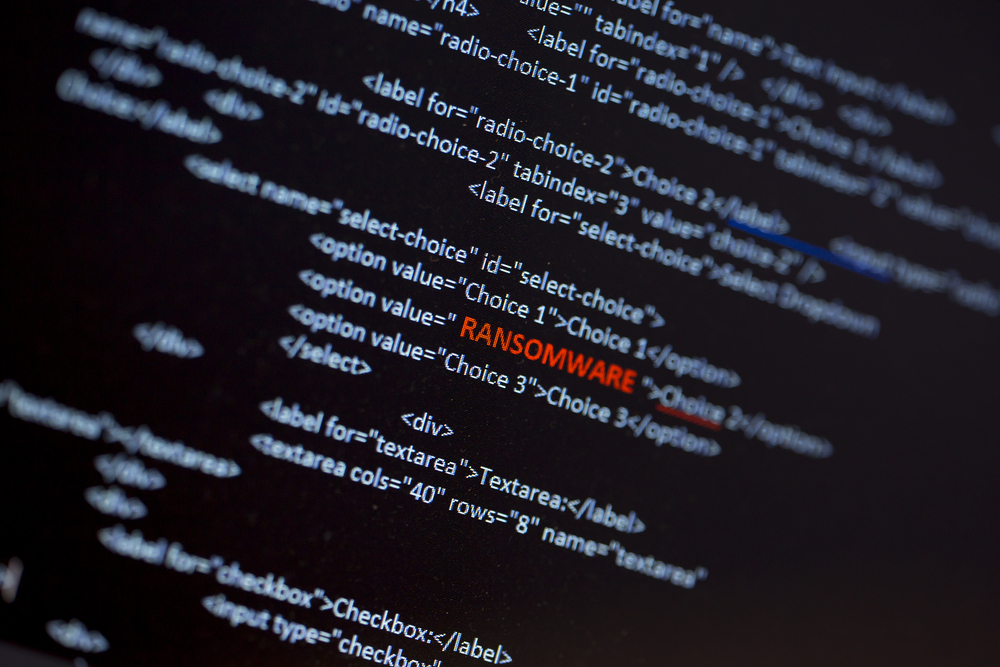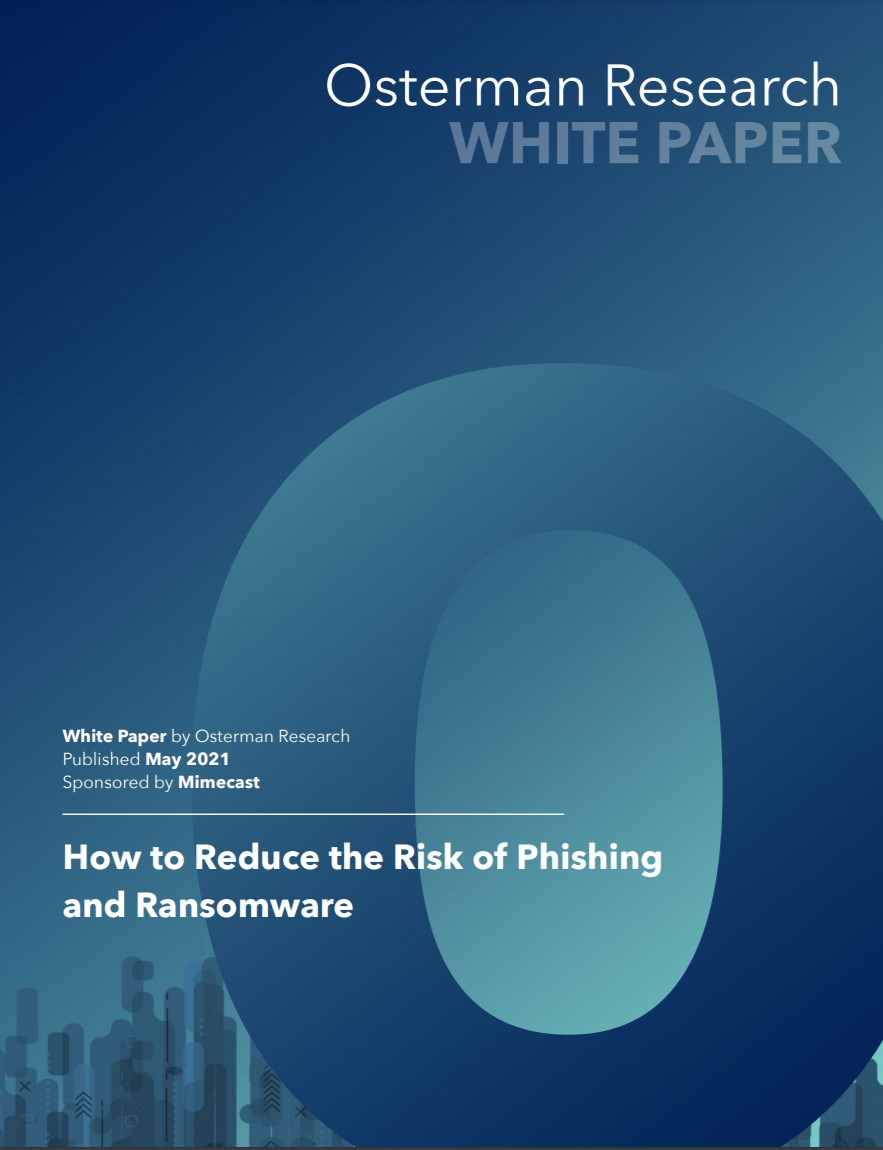BlackMatter ransomware victims reclaim data using secret decryptor
Emsisoft discovered a critical flaw in the ransomware that allowed them to help victims recover their files


Victims of BlackMatter ransomware have been secretly getting their data back thanks to a flaw in the encryption found by a cyber security company.
According to a blog post, researchers at Emsisoft discovered a critical flaw in the BlackMatter ransomware that allowed them to help victims recover their files without paying a ransom. This action, the firm claimed, prevented millions of dollars from falling into the hands of cyber criminals.
BlackMatter’s predecessor, DarkSide, has been around since August 2020, targeting large private sector organizations that could afford the gang’s demand. BlackMatter took over when the US retaliated, resulting in DarkSide losing control over its own criminal infrastructure. BlackMatter came onto the scene shortly after in July 2021.
Soon after the emergence of BlackMatter, researchers got their hands on BlackMatter’s ransomware code. According to researchers, rumors that BlackMatter could be a repaint of the DarkSide operation were quickly confirmed.
“The very first BlackMatter version turned out to be almost identical to the last DarkSide version, with the only difference being minor incremental improvements. This first version was quickly followed up with multiple new iterations of the BlackMatter payload and, at the time of writing, the latest internal version number of the payload has reached 2.0,” the researchers said.
With the original DarkSide ransomware, researchers had already found a mistake the DarkSide operators had made that allowed them to decrypt the data encrypted by the Windows version of the ransomware without the need for a ransom to be paid, though the gang fixed this flaw on January 12, 2021.
At the time, researchers did not disclose the flaw as the gang would find out. They then told law enforcement and trusted parties about the flaw to enable researchers to decrypt data.
Get the ITPro daily newsletter
Sign up today and you will receive a free copy of our Future Focus 2025 report - the leading guidance on AI, cybersecurity and other IT challenges as per 700+ senior executives
Luckily for researchers, the BlackMatter gang introduced a change to their ransomware payload that allowed them to recover victims’ data once again without the need for a ransom to be paid.
“As soon as we became aware of the gang’s error, we quietly reached out to our partners, who then assisted us in reaching as many victims as possible before they paid BlackMatter’s ransom,” said Emsisoft.
The researchers said that one of the biggest challenges we faced during the operation related to social media, and Twitter in particular. During one of the higher-profile BlackMatter incidents in September 2021, the ransom note was leaked.
RELATED RESOURCE

How to reduce the risk of phishing and ransomware
Top security concerns and tips for mitigation
“Ransom notes, including BlackMatter’s, contain critical information intended for the victim only, including instructions on how to reach out and communicate with the threat actor. Consequently, anybody who has access to a note can interact with the gang as though they were the victim,” said Fabian Wosar, Emsisoft's CTO.
This meant that the Twitter infosec community got involved and started hijacking negotiations between victims and criminals. This derailed any sort of intelligence gathering by law enforcement and security researchers in the process.
“We have been fighting ransomware for more than ten years, so we understand the frustration the infosec community feels towards ransomware threat actors better than anyone,” said Wosar.
“However, as cathartic as throwing expletives might have felt, it resulted in BlackMatter locking down their platform, and locking us and everyone else out in the process. Unfortunately, that meant one of the most valuable tools we had to reach victims disappeared literally overnight, leading to missed victims who may have unnecessarily paid ransoms.”
Following this, Wosar said that since then BlackMatter has fixed the bug that allowed decryption of the victim’s data.
“However, just because this specific vulnerability has run its course doesn’t mean our work is done. While we are confident that we managed to reach many BlackMatter victims, there are still some victims that we haven’t been able to contact."
Rene Millman is a freelance writer and broadcaster who covers cybersecurity, AI, IoT, and the cloud. He also works as a contributing analyst at GigaOm and has previously worked as an analyst for Gartner covering the infrastructure market. He has made numerous television appearances to give his views and expertise on technology trends and companies that affect and shape our lives. You can follow Rene Millman on Twitter.
-
 Bigger salaries, more burnout: Is the CISO role in crisis?
Bigger salaries, more burnout: Is the CISO role in crisis?In-depth CISOs are more stressed than ever before – but why is this and what can be done?
By Kate O'Flaherty Published
-
 Cheap cyber crime kits can be bought on the dark web for less than $25
Cheap cyber crime kits can be bought on the dark web for less than $25News Research from NordVPN shows phishing kits are now widely available on the dark web and via messaging apps like Telegram, and are often selling for less than $25.
By Emma Woollacott Published
-
 ‘Phishing kits are a force multiplier': Cheap cyber crime kits can be bought on the dark web for less than $25 – and experts warn it’s lowering the barrier of entry for amateur hackers
‘Phishing kits are a force multiplier': Cheap cyber crime kits can be bought on the dark web for less than $25 – and experts warn it’s lowering the barrier of entry for amateur hackersNews Research from NordVPN shows phishing kits are now widely available on the dark web and via messaging apps like Telegram, and are often selling for less than $25.
By Emma Woollacott Published
-
 Healthcare systems are rife with exploits — and ransomware gangs have noticed
Healthcare systems are rife with exploits — and ransomware gangs have noticedNews Nearly nine-in-ten healthcare organizations have medical devices that are vulnerable to exploits, and ransomware groups are taking notice.
By Nicole Kobie Published
-
 Alleged LockBit developer extradited to the US
Alleged LockBit developer extradited to the USNews A Russian-Israeli man has been extradited to the US amid accusations of being a key LockBit ransomware developer.
By Emma Woollacott Published
-
 February was the worst month on record for ransomware attacks – and one threat group had a field day
February was the worst month on record for ransomware attacks – and one threat group had a field dayNews February 2025 was the worst month on record for the number of ransomware attacks, according to new research from Bitdefender.
By Emma Woollacott Published
-
 CISA issues warning over Medusa ransomware after 300 victims from critical sectors impacted
CISA issues warning over Medusa ransomware after 300 victims from critical sectors impactedNews The Medusa ransomware as a Service operation compromised twice as many organizations at the start of 2025 compared to 2024
By Solomon Klappholz Published
-
 Warning issued over prolific 'Ghost' ransomware group
Warning issued over prolific 'Ghost' ransomware groupNews The Ghost ransomware group is known to act fast and exploit vulnerabilities in public-facing appliances
By Solomon Klappholz Published
-
 The Zservers takedown is another big win for law enforcement
The Zservers takedown is another big win for law enforcementNews LockBit has been dealt another blow by law enforcement after Dutch police took 127 of its servers offline
By Solomon Klappholz Published
-
 There’s a new ransomware player on the scene: the ‘BlackLock’ group has become one of the most prolific operators in the cyber crime industry – and researchers warn it’s only going to get worse for potential victims
There’s a new ransomware player on the scene: the ‘BlackLock’ group has become one of the most prolific operators in the cyber crime industry – and researchers warn it’s only going to get worse for potential victimsNews Security experts have warned the BlackLock group could become the most active ransomware operator in 2025
By Solomon Klappholz Published